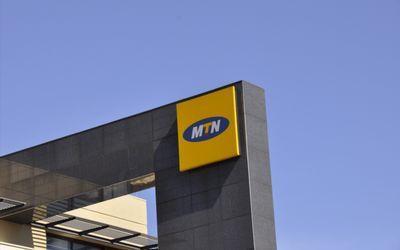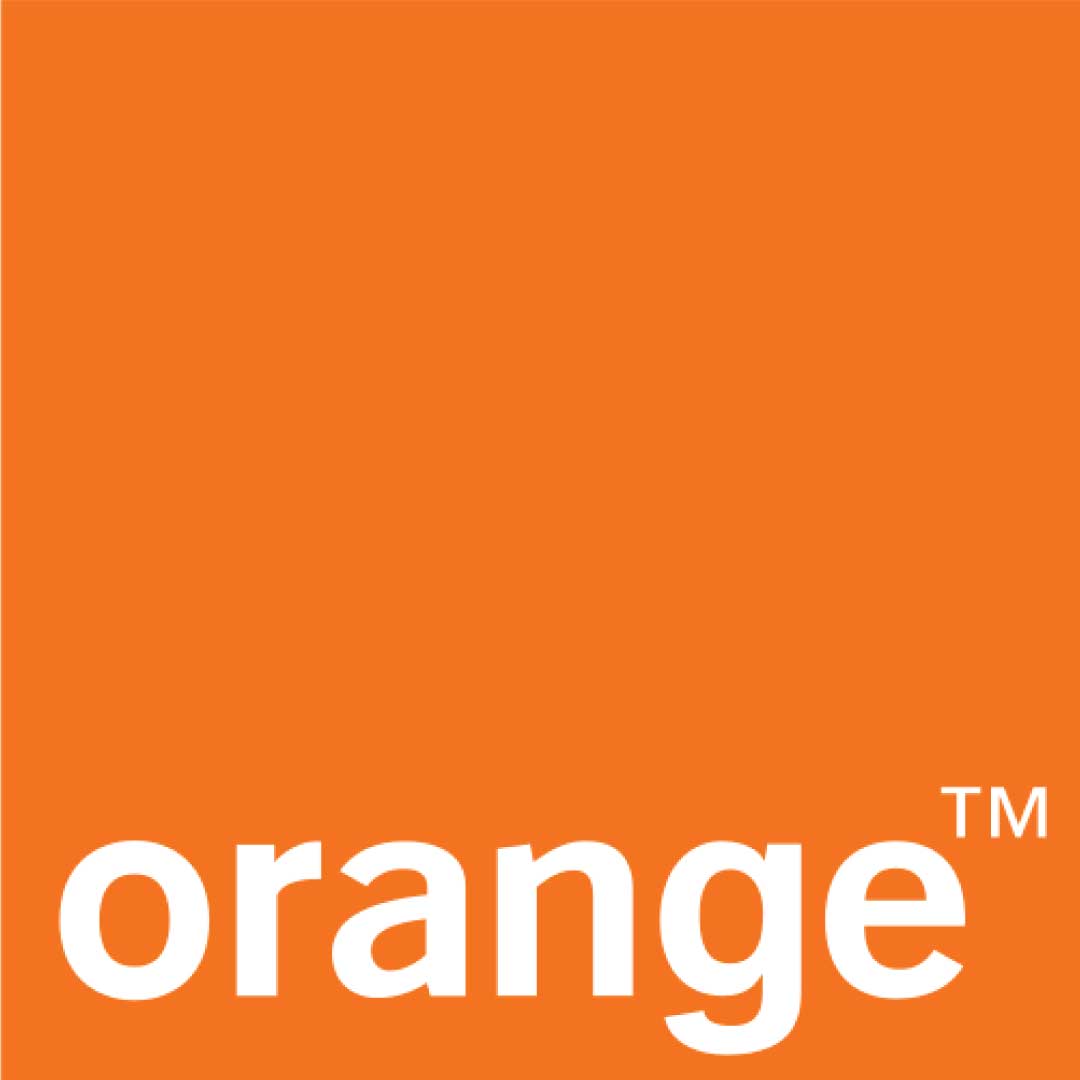After realising a loss of ₦30.3 billion ($18 million) on the acquisition of Nigeria’s final Code Division Multiple Access (CDMA) network in 2016, MTN has dissolved Visafone.
A note in its H1 2024 financial statement stated, “Visafone is now fully liquidated following the absorption by MTN Nigeria.” “During this period, the liquidation process was completed, and all of Visafone’s remaining assets and liabilities were transferred.”
MTN Nigeria’s acquisition of Jim Ovia’s Visafone was intended to raise the standard of broadband internet. It focused on Visafone’s 800MHz spectrum licenses, which would have allowed MTN to provide its customers with 4G LTE Internet services.
MTN Nigeria did not immediately answer a request for comments.
Read also: Nigeria grants a warrant to MTN and others to generate electricity
MTN Nigeria considered pulling out of the transaction
With 2.2 million registered users, spectrum licensing made Visafone a strategically significant company. For three years, it would also be a point of conflict. MTN first thought of abandoning the transaction since the Nigerian Communications Commission (NCC) hesitated to authorise the spectrum licence transfer.
Rivals Airtel and 9mobile contended that if MTN Nigeria acquired the available spectrum, its ownership of the spectrum would rise from 38% to 50%. The acquisition was crucial for MTN since it allowed it to take on Globacom, which introduced 4G LTE services in October 2016.
Previous MTN Nigeria acquisition
MTN had previously acquired a spectrum licence holder. In 2006, it paid $70 million (N9.3 billion) for the acquisition of VGC Communications Limited (VGCCL).
The Nigerian Communications Commission (NCC) granted VGCCL a nationwide licence to offer radio telephone services and cabling.
Although MTN invested ₦43 billion in the acquisition in 2016, Visafone did not reveal the terms of the deal.
Background of the story
When Visafone Communications chose to sell the business to MTN in 2015, it did so by the terms and conditions set forth by the Nigerian Communications Commission (NCC), for which it had been granted the Unified Access Services License in 2007.
On July 13, 2015, Visafone submitted an application to the NCC seeking permission to allow MTN Nigeria to purchase all of Visafone’s shares through a share transfer agreement without the need to transfer a unified spectrum licence.
On October 5, 2015, the NCC reviewed Visafone’s request for the 100% transfer of its shares to MTN and, after giving it careful thought and following its due process and procedure, gave Visafone Communications Approval-In-Principle for the proposed transaction, provided that NCC’s requirements were met.
After that, Visafone complied with the NCC’s requirements for the sale to proceed. The NCC finally approved the transfer of 100% of Visafone’s stock to MTN Nigeria after verifying that the company had fulfilled all of the requirements it had set forth for the share transfer.
Read also: NIGCOMSAT bails telcos out of network crisis
Following the transfer, the NCC directed Visafone to provide a certified true copy of the Corporate Affairs Commission’s (CAC) statement of share capital and return of allotted shares duly filed at the CAC or an extract from the members’ register along with a certified true copy of the CAC’s director particulars, or any changes to it, duly filed at the CAC, for record-keeping purposes.
All NCC requirements were fulfilled by December 2015, when the contract was finalised. Months had passed after the agreement when Visafone made a new request for a licence transfer. More specifically, on June 9, 2016, Visafone submitted another request to the NCC for the licence transfer.
While the NCC acknowledges that the option of transferring the licence to MTN has not been eliminated, it does state that the request for a licence transfer is currently being reviewed rather than approved.
Prof. Umar Garba Danbatta, the then Executive Vice Chairman of the NCC, made it clear that the organisation would host a public forum to address the licence transfer issue.


